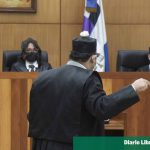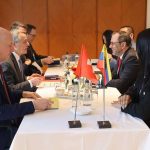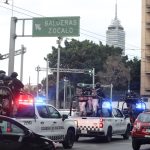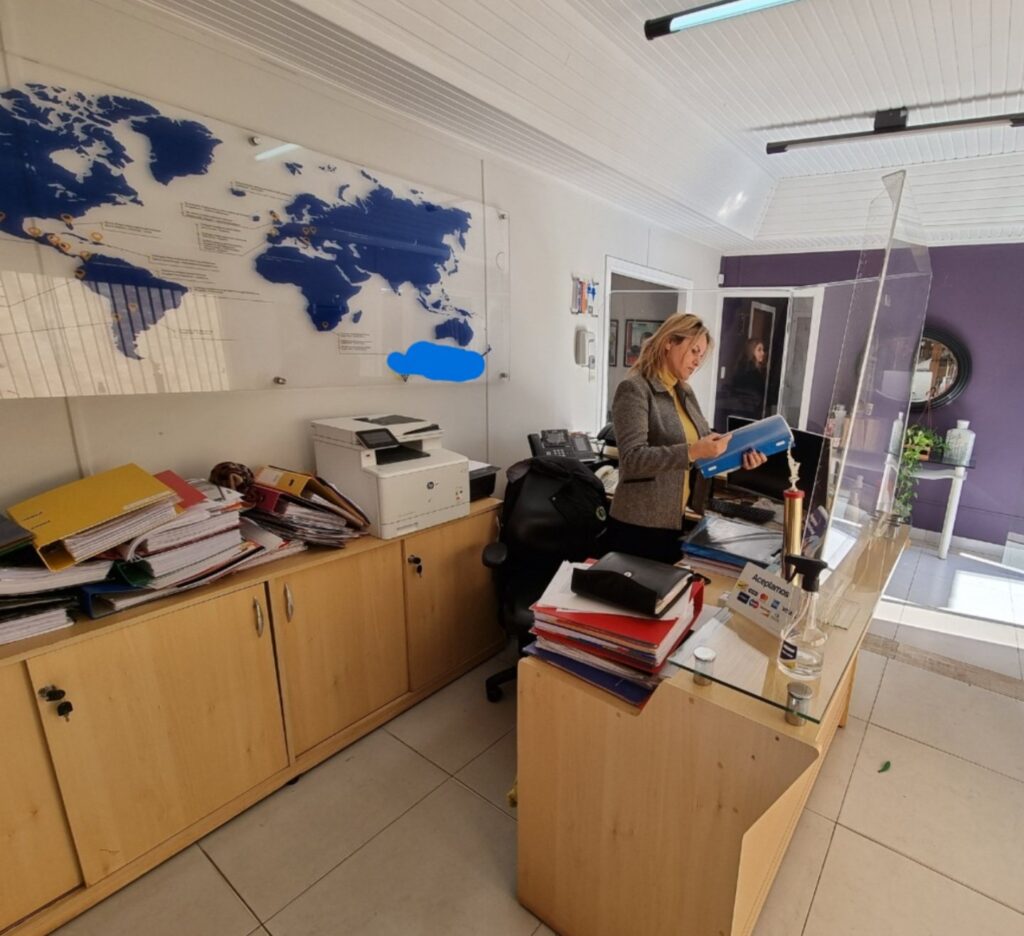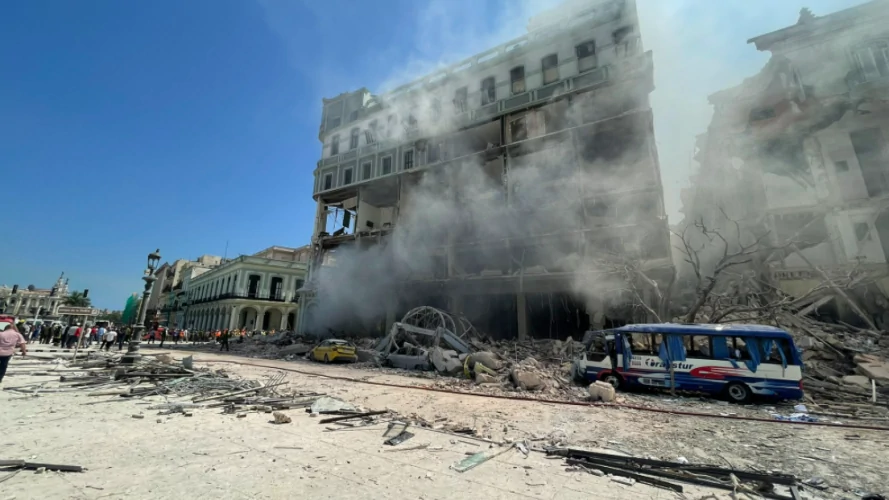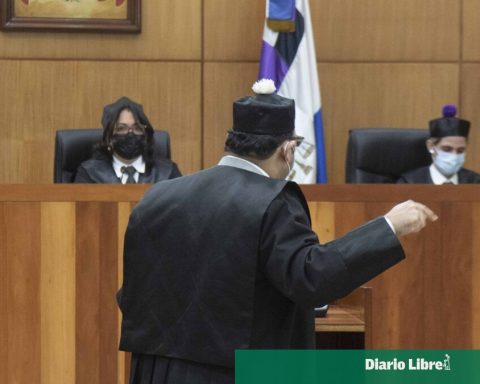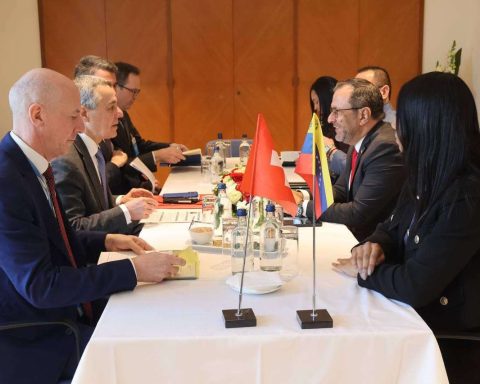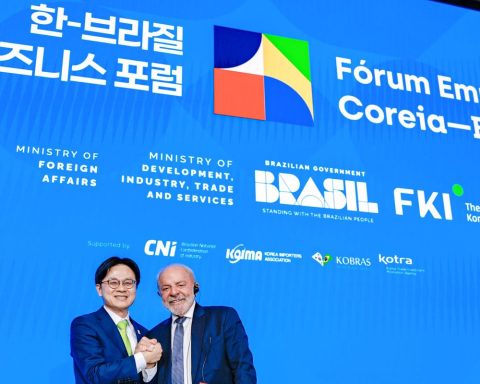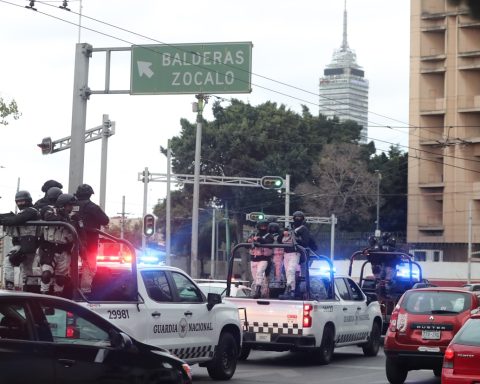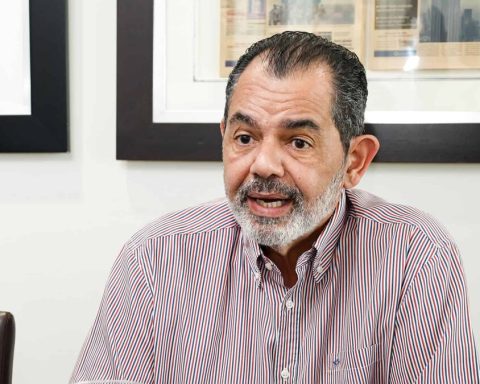AND
he legacy of Don Sergio Méndez Arceo, the seventh Catholic bishop of Cuernavaca, continues to encourage the popular and community organization of the peoples, and weaves together social struggles in support of marginalized groups, for the defense of human dignity and to strengthen the construction of a world fairer.
Proof of this is the National Human Rights Award that bears his name, a recognition not only of the memory of the person who was the promoter of liberation theology and the so-called Catholic progressivism, but also of the solidarity between organizations, groups and individuals dedicated to the defense and promotion of human rights in the country. After a break due to the covid-19 pandemic, the 28th award ceremony was held on April 30 at the La Salle University facilities, Cuernavaca campus (https://fb.watch/cOElZngh9f/).
In the group category, six applications were received: the National Brigade for the Search of Disappeared Persons, the Voice of the Disappeared in Mexico collective, the 68 Committee for Democratic Liberties, the Xpujil SC Regional Indigenous and Popular Council, the Movement in Defense of the Territory and del Río Atenco, and the Unit by Coyomeapan Sierra Negra de Puebla. The Prize in this category was awarded to the Xpujil SC Regional Indigenous and Popular Council, for its committed work in defense of the territory and common goods in Campeche. An increasingly urgent fight.
In the individual category, six candidates were received: Aída Isela González Díaz, Esther Ámbar Escalante Hernández, Higinio Bustos Navarro, Kenia Inés Hernández Montalván, Roberto de la Rosa and Víctor Hugo Serrano Morales. Initially, the award was given to Kenia Hernández Montalván, defender of the human rights of the indigenous and peasant population in marginalized areas of Guerrero. The also feminist is unfairly imprisoned for her commitment to the defense of human rights.
I consider it important to mention the organizations, groups and candidates, in order to make visible the efforts that, in the face of various social problems and human rights violations that continue to afflict our society, are carried out and accompanied throughout the country. After announcing the result, the organizing committee received reactions that, unfortunately, increased the differences between the organizations and defenders of fundamental guarantees. Therefore, in an extraordinary meeting, held on April 14, the individual category was declared deserted.
Undoubtedly, the intention of the organizing committee of the award was to respect the commitment to contribute to understanding among those of us who fight for human dignity and against the origin and consequences of injustice and inequality. It will also be a critical and self-critical call for organizations and people who defend human rights, with the purpose of consolidating and expanding spaces for dialogue around the difficulties that arise in social struggles, and knowing the multiple positions that organizations and collectives defend themselves. All this, with respect to the different actions that from different spaces and communities are encouraged day by day. With this, the Committee has also endorsed the commitment that we must all uphold to achieve the immediate and unconditional release of human rights defenders who are unjustly imprisoned.
On the other hand, the award was given to the Xpujil SC Regional Indigenous and Popular Council, which has defended the autonomy and self-determination of the peoples, despite the harassment denounced by its own members, due to its defense work against the imposition of death megaprojects and in the search for a good life for the inhabitants of the Calakmul region, in Campeche. As can be seen, the struggle for the defense of land and territory, as well as for the self-determination and autonomy of indigenous peoples and peasants, continues to be a task that puts not only freedom at risk, but also the lives of those who they have assumed it as a battle to survive.
As a final note, I refer to the invitation to the solidarity of the activities of the World Social Forum Mexico, a meeting place for various defenders of fundamental guarantees, with the intention of building a democratic debate that helps in the task of articulating the voice of the social struggles of different latitudes. After the first meeting, held in 2001, the forum progressed as a global process with proposals and alternatives to neoliberalism. In it, multiple movements converge to dialogue about the challenges that communities face every day. We can find more information about what has been discussed on the website: wsf2022.org.






